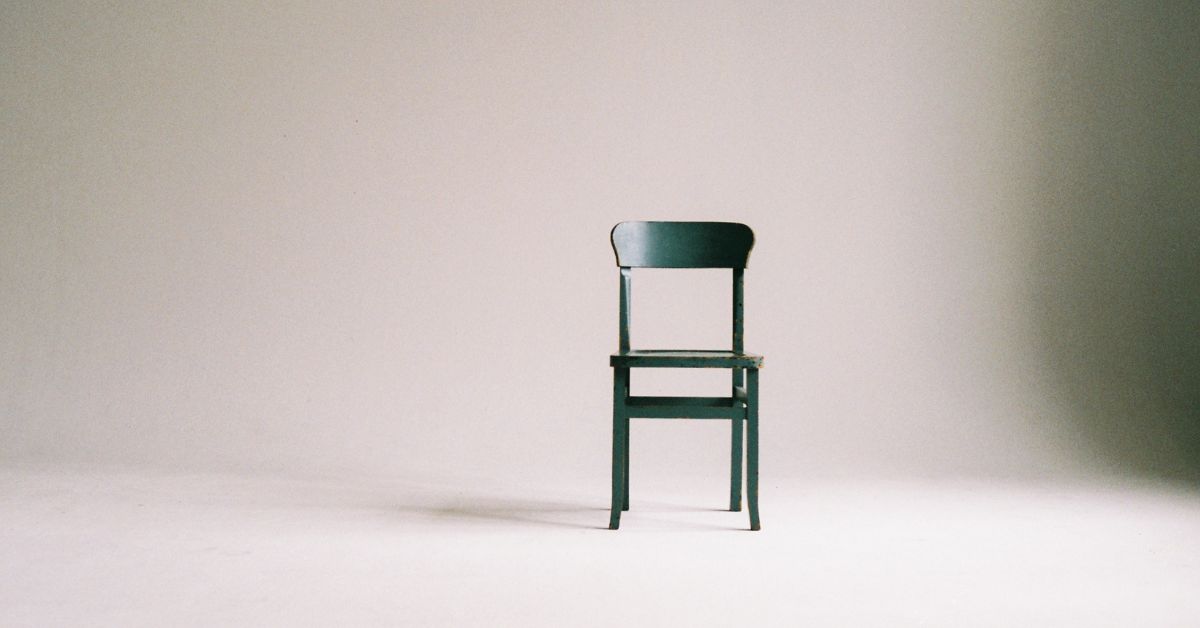
The Wisdom of Letting Go: Minimalism as a Mindset
Outline:
- The Weight We Carry
- Minimalism Beyond the Aesthetic
- The Psychology of Attachment and Clutter
- Letting Go as a Form of Clarity
- Minimalism as a Daily Philosophy
- Light Enough to Live Fully
- FAQs
The Weight We Carry
We carry more than we realize.
Not just in closets and inboxes, but in minds and hearts—unfinished tasks, outdated expectations, unresolved comparisons. Our lives fill up quickly, and not always with what matters. We collect—objects, commitments, roles—believing they’ll create security, identity, or worth.
But the truth is simple: sometimes more is just more. And often, it is in letting go that we rediscover what truly belongs.
Minimalism is not the absence of things. It is the presence of intention. It’s not about empty rooms—it’s about making space for what is essential.
Minimalism Beyond the Aesthetic
Minimalism is often misunderstood as a design trend—white walls, clean counters, perfectly curated spaces. But at its core, minimalism isn’t about how a room looks. It’s about how a life feels.
It’s not about owning less for the sake of owning less. It’s about letting go of what distracts, so we can focus on what matters.
You can live minimally in a full house, and feel cluttered in an empty one. Because minimalism, before anything else, is a mindset: a way of asking, again and again—Does this serve me?
Does this reflect who I want to be?
Is this helping me live, or simply filling the silence?
The Psychology of Attachment and Clutter
We don’t just hold on to things. We hold on to identities, emotions, and “what ifs.” Psychologists have long noted our deep cognitive bias toward loss aversion—the tendency to fear losing something more than we value gaining something new. This leads us to keep what no longer serves us, simply because letting go feels like failure.
But clutter—whether physical, mental, or emotional—is not just inconvenient. It creates decision fatigue, stress, and a low-grade mental noise that dulls our clarity.
Letting go is not about being cold or detached. It’s about releasing what’s no longer alive in you—so you can return to what is.
Letting Go as a Form of Clarity
Minimalism is a lens. It helps you see more clearly—not only your space, but your self.
- Letting go of excess objects reveals what you actually use and value.
- Letting go of constant busyness reveals your priorities.
- Letting go of comparison reveals your unique rhythm.
- Letting go of emotional residue—grudges, regrets, expectations—frees up energy for presence.
Ask yourself gently: What am I carrying that’s weighing me down?
Sometimes what we let go of defines us more clearly than what we keep.
Minimalism as a Daily Philosophy
Minimalism isn’t a one-time purge. It’s a daily choice. A practice of returning to center.
- Start small. One drawer. One inbox. One expectation.
- Ask better questions. Not “Can I use this?” but “Do I want to carry this?”
- Honor emotional attachments. Sentimentality is human. But love doesn’t live in objects—it lives in memory and meaning.
- Create white space. In your calendar. On your desk. In your thoughts. Give your life room to breathe.
Minimalism isn’t about restriction. It’s about liberation. About feeling light enough to move, to change, to live with greater intention.
Light Enough to Live Fully
Letting go is not a loss. It is a return.
A return to clarity. To space. To self.
When we strip away the nonessential, we are left not with less—but with more of what matters.
Minimalism as a mindset is not about a perfectly tidy life. It’s about living uncluttered from the inside out.
It’s about trusting that who you are is not what you own, how much you do, or how full your days appear.
It’s about learning to walk through life light enough to notice the beauty, wise enough to say no, and free enough to say yes—fully.
FAQs
Does minimalism mean I have to get rid of most of my belongings?
Not at all. Minimalism isn’t about quantity—it’s about intentionality. It’s about keeping only what adds value, clarity, or meaning to your life.
What if I feel guilty letting go of sentimental items?
That’s normal. Honor the emotion, but remember: the memory lives in you, not the object. Take a photo, write a reflection, then release it when you’re ready.
How do I practice minimalism with a busy life or family?
Start with mindset. Even small choices—clearing one space, saying no to one commitment, silencing one notification—create powerful shifts. Minimalism meets you where you are.


